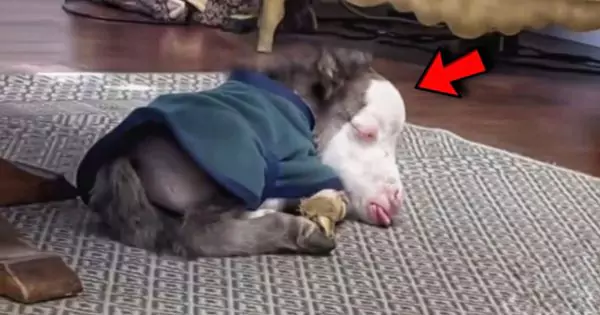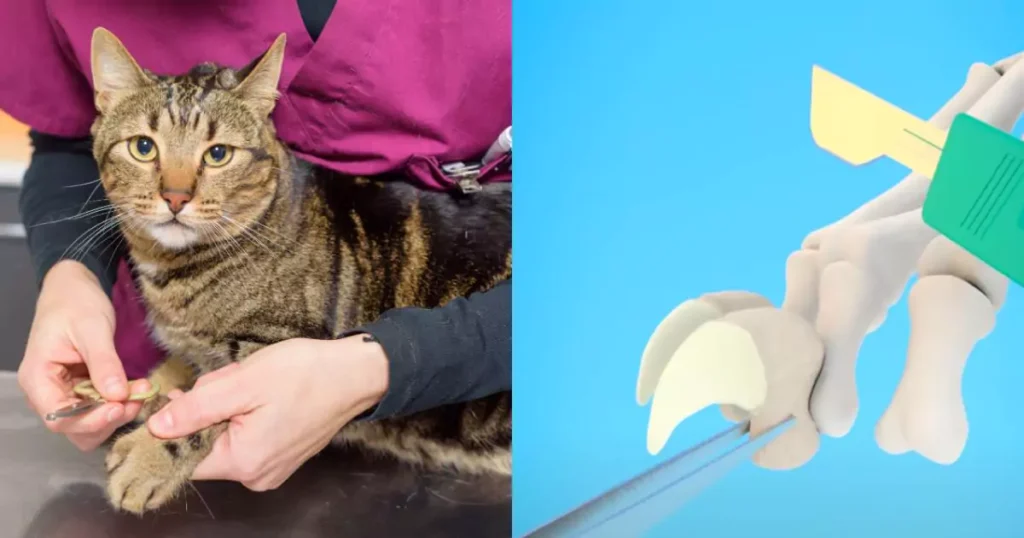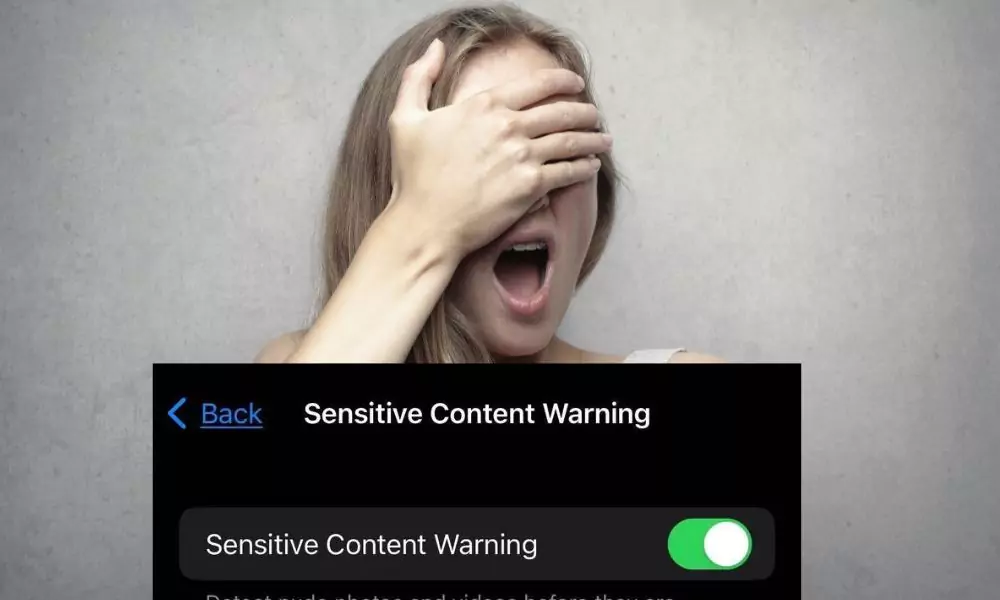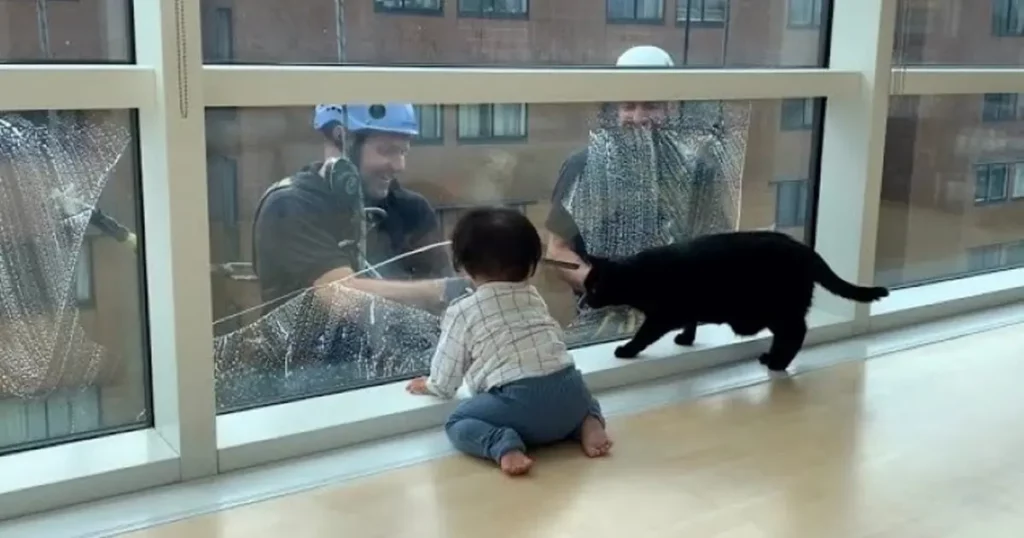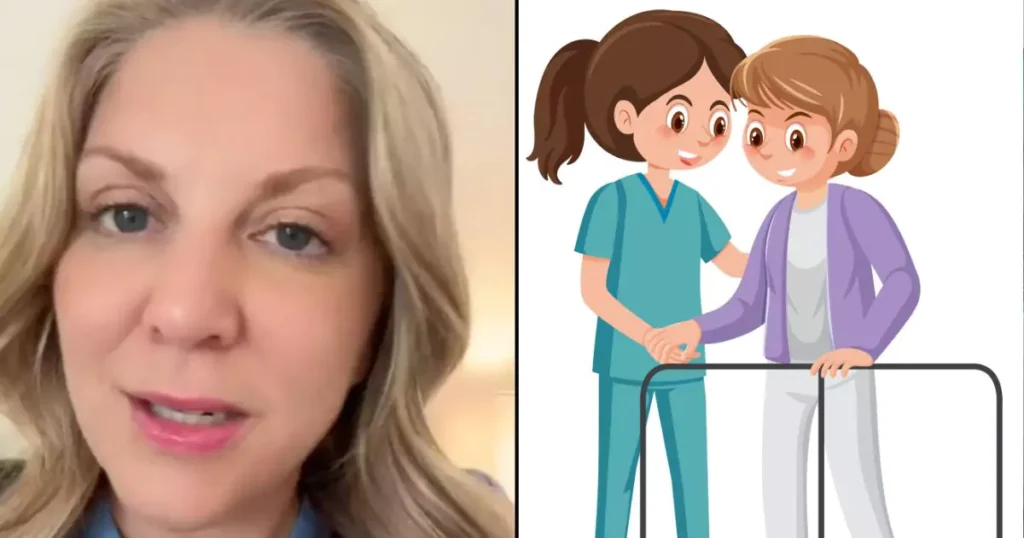
Curious about your husband’s fidelity? Detecting shifts in his behavior can provide insights. Watch for alterations in communication, intimacy dynamics, or changes in grooming habits. Openly discussing your feelings is crucial for understanding each other and navigating the complexities of your relationship.
Behavioral Shifts
Pay attention to any unusual behavior from your husband, such as heightened secrecy or defensiveness. If communication patterns change, emotional distance grows, or mood swings become unexpected, it may be time for an open and honest conversation. Understand that behavioral shifts can be triggered by various factors, including stress, work pressures, or personal challenges. Initiating a dialogue where both partners can express their concerns and share their perspectives can unveil the root causes behind these changes.

Intimacy Changes
Observe any shifts in your intimate life. Sudden disinterest or excessive passion without explanation may indicate an underlying issue. Addressing these changes through open communication can help unveil potential issues. Consider exploring new ways to reconnect and rekindle intimacy in your relationship. A mutual effort to understand each other’s desires and needs can contribute to a healthier and more fulfilling intimate connection.

Unexplained Time Gaps
Take note of unaccounted-for time gaps in your husband’s schedule. While everyone needs personal space, frequent and unexplained absences could be a cause for concern. Gentle conversations about daily routines can provide clarity. Recognize the importance of personal time and space in a relationship. Encourage a discussion about individual needs and preferences, fostering an environment where both partners feel respected and understood.

Guarded Communication
Monitor your husband’s communication style. If he becomes guarded or avoids specific topics, it might signal discomfort or guilt. Encourage open and non-confrontational conversations to create a safe space for both of you. Understand that effective communication involves active listening and mutual understanding. Create an environment where both partners feel comfortable expressing their thoughts and feelings without fear of judgment.

Heightened Focus on Appearance
A sudden change in grooming habits or an unusual focus on appearance may indicate a desire to impress someone. Approach the topic with understanding, fostering open communication about self-expression and personal changes. Recognize that changes in personal grooming can sometimes be linked to individual growth or a desire for self-improvement. Encourage a supportive conversation about personal development and how both partners can navigate such changes together.

Unusual Secrecy
If your husband becomes unusually secretive or starts concealing information, it may raise concerns. Open communication is essential for building trust and understanding in such situations. Address the concept of privacy within a relationship and discuss boundaries that ensure both partners feel comfortable. Establishing trust requires transparency, and finding a balance between personal space and shared openness can strengthen the foundation of your relationship.

Emotional Distance
Watch for signs of emotional distance or detachment. Abrupt changes in emotional intimacy could signal an issue. Engaging in heartfelt conversations can deepen your connection and bring underlying issues to light. Acknowledge that emotional distance may stem from various sources, such as stress, personal challenges, or unmet emotional needs. Creating a supportive and empathetic space for discussing emotions can foster a deeper understanding of each other’s feelings.

Frequent Unavailability
Take note if your husband is consistently unavailable, especially during times when he is typically accessible. Addressing these patterns through honest discussions can provide clarity on expectations. Recognize the importance of maintaining individual interests and responsibilities while balancing shared time as a couple. Discussing expectations regarding availability and finding a mutually satisfying arrangement can contribute to a more harmonious relationship.

Unusual Excuses
If your husband begins offering odd or frequent excuses for his actions, it’s worth exploring further. Honest conversations about concerns and expectations can foster an environment where both partners feel comfortable sharing their thoughts. Understand that individuals may face challenges that affect their behavior and actions. Encourage open communication about any concerns or difficulties, emphasizing the importance of understanding and supporting each other through life’s ups and downs.

Avoidance of Social Gatherings
Observe if your husband starts avoiding social gatherings or events you’d typically attend together. Changes in social behavior may signify discomfort or a need for space. Gentle conversations about individual preferences and boundaries can help navigate these situations. Recognize that social dynamics can impact individuals differently, and discussing preferences regarding social engagements can lead to a better understanding of each other’s needs. Finding a balance between shared social activities and personal time can contribute to a healthier relationship.

Increased Irritability
If your husband appears unusually irritable or easily agitated, it may indicate underlying stress or dissatisfaction. Approach the situation with empathy, expressing a genuine interest in understanding his perspective and feelings. Acknowledge that increased irritability may be a symptom of various stressors in life. Encourage open communication about potential stressors, offering support and understanding to help alleviate the emotional burden. Creating a safe space for expressing emotions can strengthen the bond between partners.




